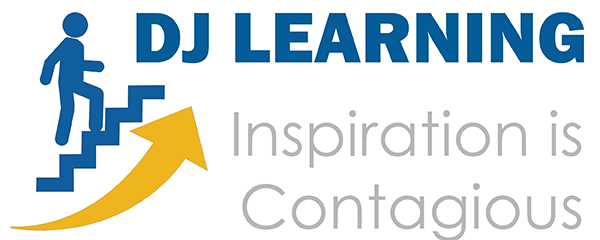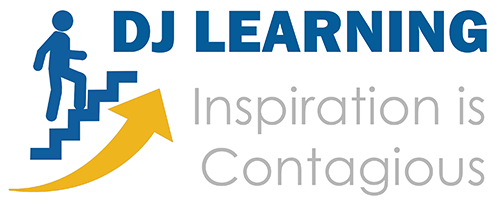Communication is a very broad and complex subject and there is a range of material, sources and opinions on what makes someone a good communicator. As with anything that is a such a vast subject, there are many sources of inspiration and information. However, in a crowded market place, it is easy to get bogged down in bland, broad-brush and even superficial perspectives.
A quick google search on famous quotes abut communication brings up many different results,3 possible more thoughtful ones are below;
Albert Einstein (Theoretical physicist); ‘If you can’t explain it to a 6-year-old, you don’t understand it yourself’
Dan Oswald (US Businessman); ‘Communication must be HOT- Honest, open and two way’
James Humes (Author and former presidential speechwriter); ‘The Art of communication is the language of leadership’.
All great quotes, but how does this translate to being a good communicator in practice. The complexities of communication are outlined above; however, to be a good communicator you probably need to be;
- A good listener– It’s not just all about the talking, good communication is also 2 way (As Dan Oswald says!!)- Listening is very important
- Clear and concise– Sometimes it is about quality and getting to the point, rather than quantity
- Friendliness– Always preferable, everyone likes friendliness- It’s not always what you say but also the way you say it
- Confident– Believing in what you are saying is important- If you don’t, then the likelihood is your audience wont either
- Open minded- Sometimes the ‘left field option’ that no one had thought of might be a masterstroke
- Respectful– Not everyone will share the same opinions as you, however, we are all entitled to them
- Be able to pick the right medium (For example, phone, text, email, face to face)- Particularly with so much choice offered to us via technology
This can never be an exhaustive list, concurrently perhaps there are no surprises either. What is important is to try and demonstrate all the above consistently, which in reality can be challenging at times.
Examples of curious communication include; those long (sometimes quite deadly!!) meetings, where the focus can be on quantity of what is said rather than quality; our so regular e-mails which are a page long when a couple of sentences would have sufficed; those messages that begin with ‘Dear Each’….’Esteemed colleagues’…….’Dear All’………
Today, there are many varied mediums of communication; without doubt, we can all look to continue to develop as effective communicators as an integral part of our lifelong learning. We all have a clear potential for us all to develop objectives for inclusion in our P.D.P.s.
Perhaps, in the end, we can conclude, that in terms of our capabilities as communicators, we are all beginners.




